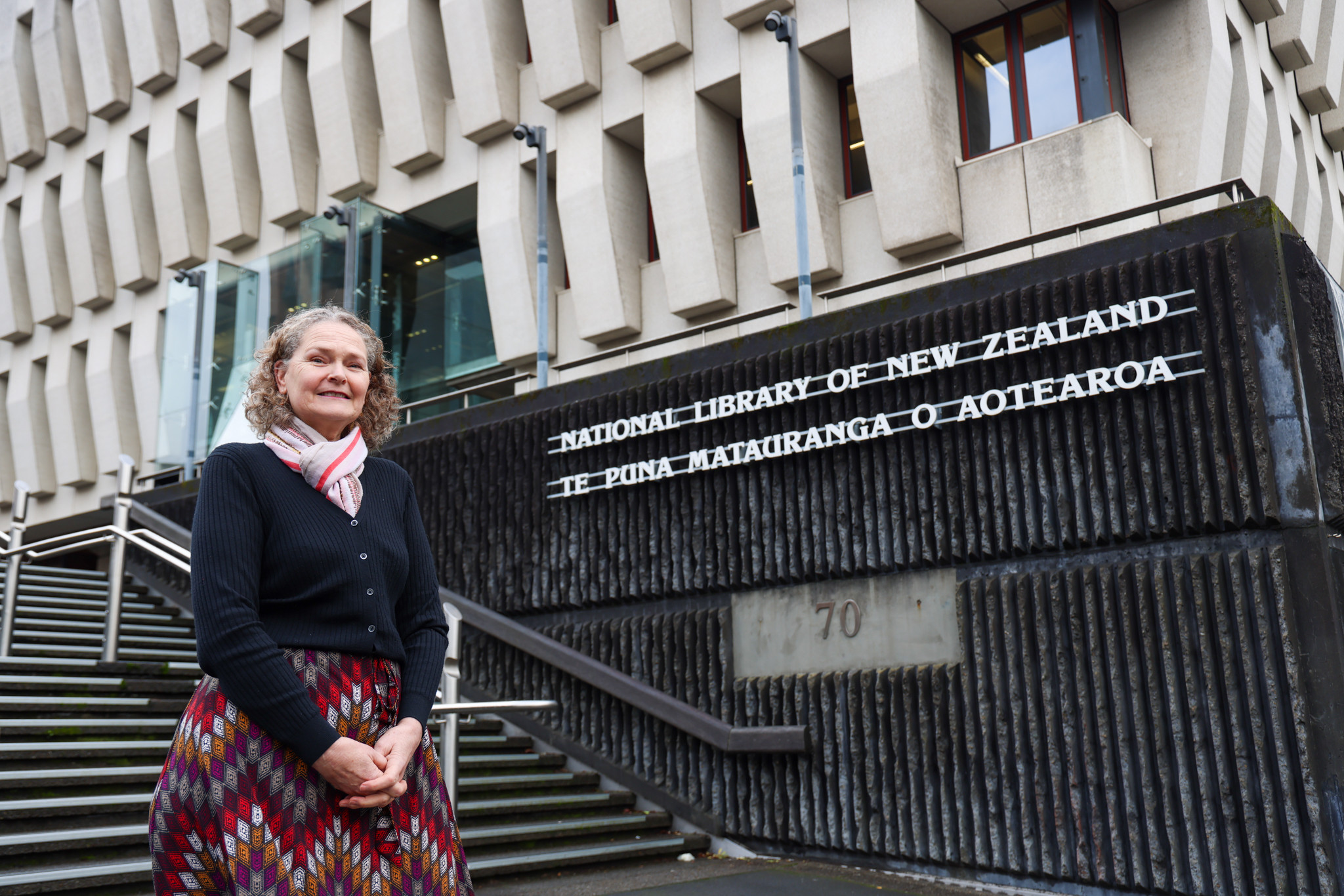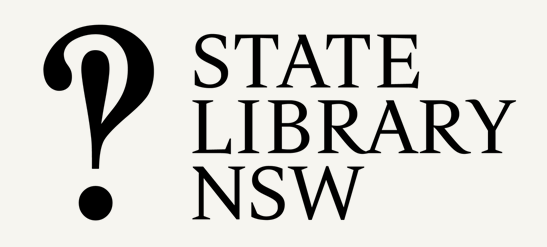After the recent NSLA Board meeting, we asked incoming Chair, Rachel Esson, about her long relationship with NSLA and her thoughts on the upcoming two-year term.
Tell us about your history with NSLA.
It has been a highly productive, collegial and rewarding three years since the National Library Te Puna Mātauranga o Aotearoa rejoined NSLA as a member from 1 July 2021. It followed a three-year hiatus from NSLA and a resetting of our own priorities and objectives and I want to acknowledge the warm welcome we have received from the NSLA Board since our return. The inclusion of Australasia in the organisation’s logo says it all, really. On a personal level, I have had connections to NSLA for over a decade. I co-chaired the legal deposit working group in the days before NED and was privileged to be part of the Heads of Collections advisory group as well. When I was appointed Te Pouhuaki, a key priority of mine was to re-establish the strong connection we had with NSLA for many years prior.
What does NSLA do best?
Collaboration and the intellectual sharing of, and being receptive to, new ideas. The National Library welcomes the opportunity to demonstrate its continued experience of working in partnership with Māori to ensure collections reflect the diversity of our populations. While we are divided by sea, we are connected by history, culture and a sense of collective place in our special part of the world. I said three years ago that my leadership-team colleagues and I see significant value in refreshing the formal links with our trans-Tasman cousins and, particularly, the collaborative priorities NSLA identified. As expected, this has proven to ring true.
You’ve been involved in a number of NSLA projects in the past. Has there been a piece of work that has particularly resonated with you?
The launch of the new ‘Leading Together’ strategy when the NSLA Board, 50 years on from the organisation’s inception, met in Melbourne in March last year has really resonated with me. I believe we have a strong, strategic vision through to 2026 that will ensure our successes and best ways of working will be shared. There is so much collective expertise within NSLA that enables us to be innovative and provide the best services available to our shared members of the public. While in New Zealand we are working in a challenging fiscal environment and a period of functional change with our close colleagues Archives New Zealand, there are a number of emerging opportunities that will benefit the mahi (work) we do with NSLA. More to come on that in the coming months.
How does the NSLA program complement the work going on at your own library, and how does the Aotearoa New Zealand context differ from what Australian readers might consider familiar?
While there are many similarities, perhaps one significant driver of our mahi at the National Library is upholding the partnership principles in Te Tiriti o Waitangi (Treaty of Waitangi) that was first signed on 6 February 1840. It was a key document that helped shape our nation and continues to shape it to this day. Collections management is key in ensuring tikanga (Māori protocol) is respected and observed, and we do this through continuing to develop and maintaining close relationships with iwi and hapū across the motu (country). We have staff at the Library who live and breathe a te ao Māori world view. As kaitiaki, or guardians, of precious taonga at the Library, working in partnership with our indigenous peoples is extremely important.
What are your hopes for NSLA over the next two years?
I’m reminded of the well-known whakatauki (proverb) ‘he aha te mea nui o tea o? Māku e kī atu, he tangata, he tangata, he tangata’ which translates to ‘what is the most important thing in this world? It is people, it is people, it is people.’ This can be directly applied to the ‘Leading Together’ strategic priorities – ‘Collections’, ‘First Nations’, ‘People and Audience’, and ‘Advocacy’. My hope is to bring some of the cultural frameworks that guide our work into the mahi (work) of the NSLA Board. Within that is the importance as library professionals to help others to seek and learn. I’m strongly supportive of this NSLA approach to strengthen the capabilities of our staff; to learn from each other and share our expertise so we can pass that on to our visitors. In a Wellington newspaper article I wrote that I am fiercely committed to libraries and the role they play. Libraries are about something deeper than just collections. Libraries are about equitable access to information and knowledge. Libraries provide physical and virtual spaces where all members of a community can come together. Libraries are an exchange of knowledge and, to me, libraries should be a knowledge exchange on steroids. As part of NSLA, these hopes will be realised.










